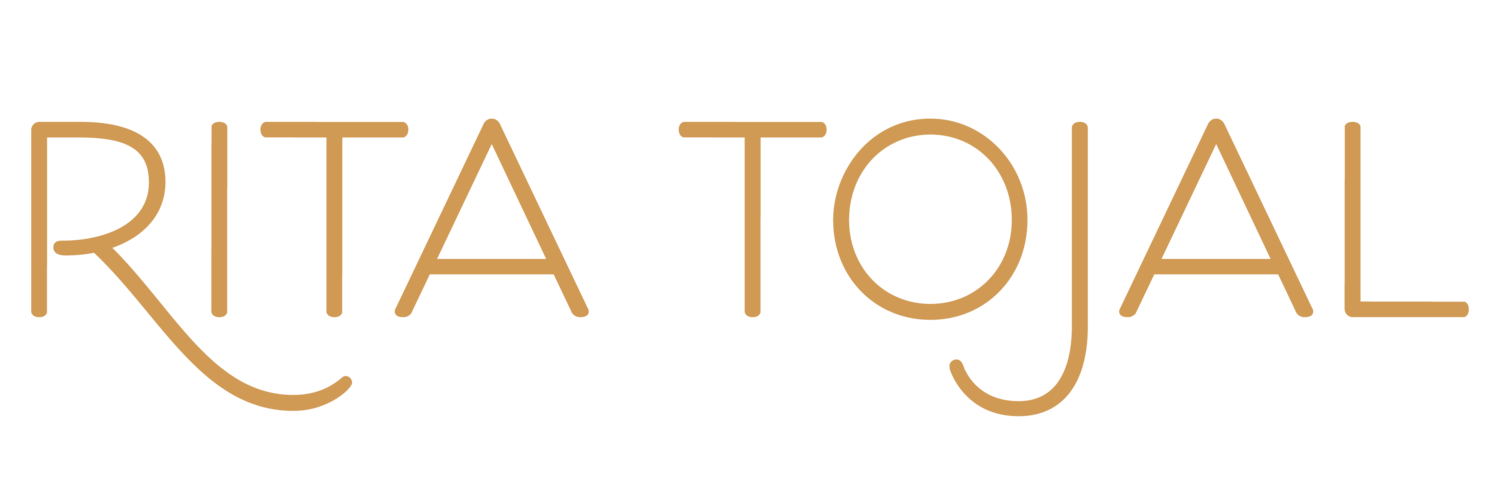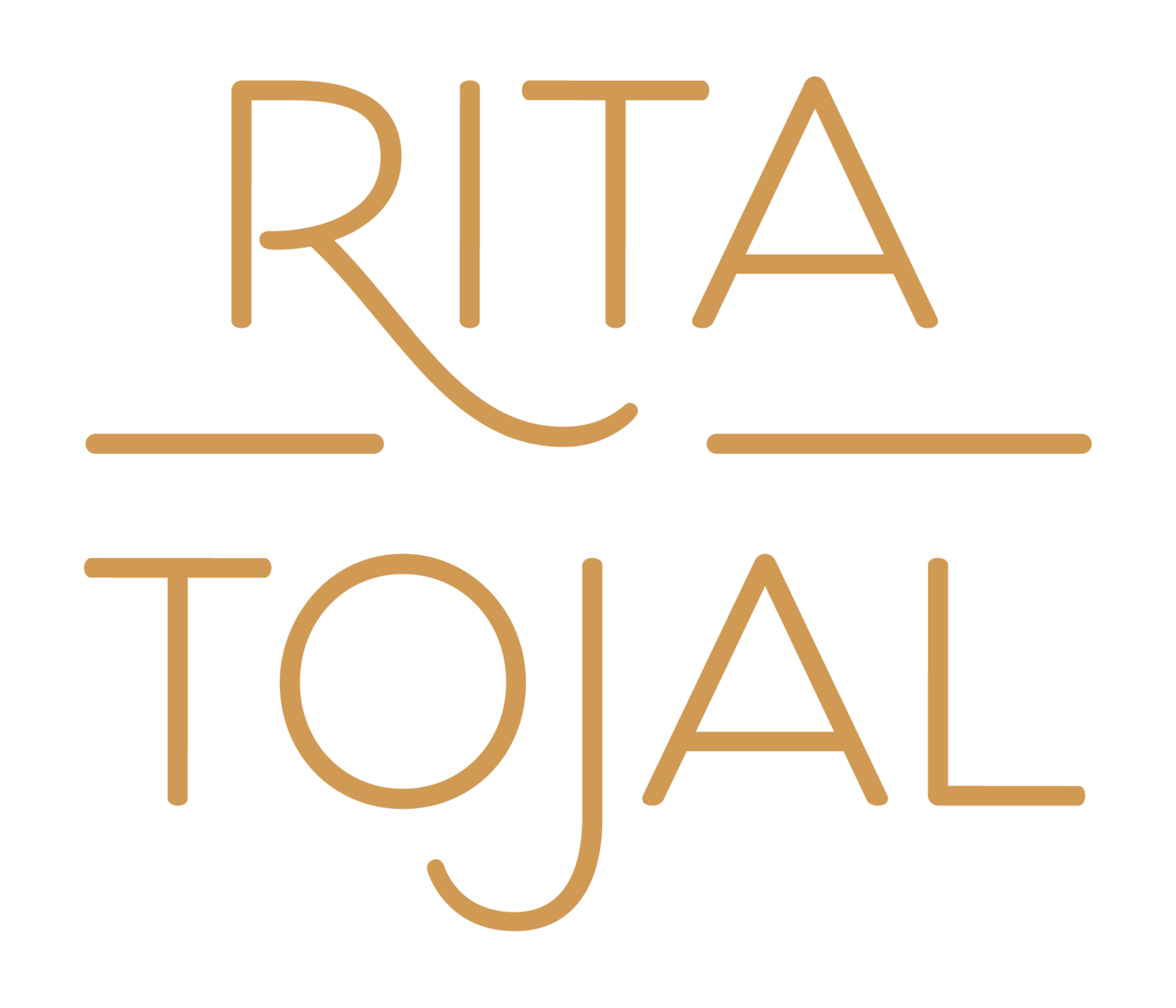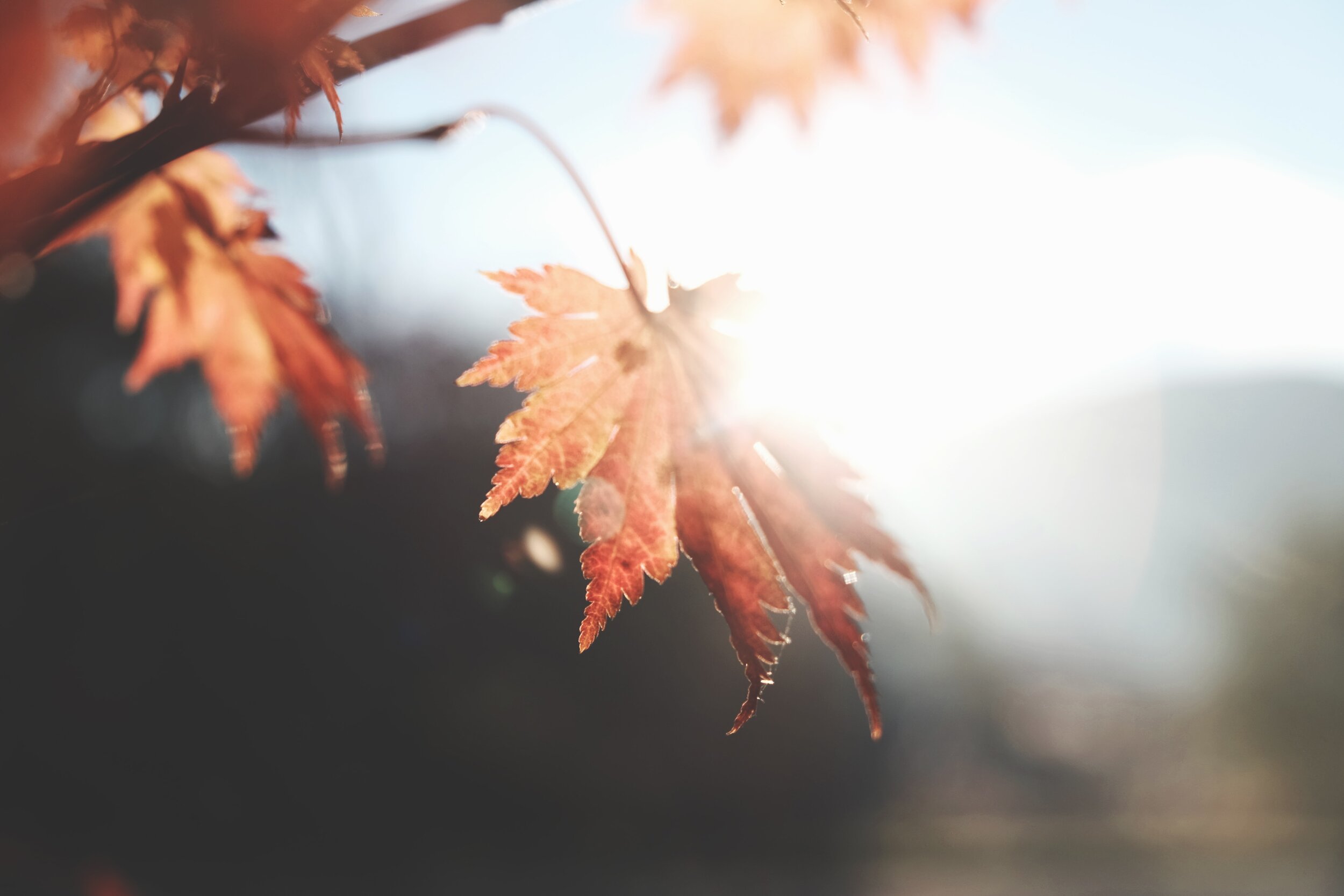Find your iKigai
Live your life in balance & harmony
We are all searching for ways to live a more fulfilling life. Finding your ikigai can help.
You know the feeling when you’re doing something you love or are very talented at but don’t feel that it serves a greater purpose? Or when you’re very well paid for a job but don’t feel like you are making a change in the world? How about the frustration of doing fulfilling service for the community, but struggling to pay the bills?
You have gifts that are waiting to be shared. The world needs them.
Ikigai is a Japanese concept that finds the point between mission, passion, skills, and community needs — that point of intersection is your reason for being.
Imagine living life offering your best skills, in a way that you are financially supported, you make a meaningful contribution to the world, and you love what you do.
Finding your ikigai can help you achieve that. It gives your life purpose.
The word ikigai means a reason to get up in the morning, or a reason for living. In Japanese, iki means life, and gai means worth. Together, ikigai is “life’s worth”. The word gai is believed to come from the word kai, which means “shell” in Japanese. In the past, shells were used for trade in Japan - they were a form of currency, and therefore were highly valued. So the word ikigai is connected with the sense of valuing our life.
Ikigai is not only about finding your life’s mission, though that is also a part of what makes you want to get up in the morning.
You extend the satisfaction you get from the things you do when you are also doing something that is valuable for the world and your community. You find balance when you receive financial compensation for your work and when you are supported in your material needs. You expand your joy when your talents are aligned with all of these needs.
Your ikigai is the intersection of all those aspects, and it offers you a long lasting sense of wholeness.
There are 5 pillars supporting the concept of ikigai, which help us make the most of each day. They guide us towards a life of sustainable happiness.
Starting humbly
We start small and perform our everyday actions humbly. Instead of being focused on great achievements, we do each task with presence and pleasure, and we always do our best. We focus on the details of each task. We do things well simply for the sake of doing things well.Releasing our ego
We act from a place of service. We shift the focus from personal gratification, to being in flow with our actions, and not being attached to labels or status. We surrender to the joy of serving, and we let go of the strong identification with titles. We accept ourselves fully, as we are.
Harmony and sustainability
We find balance in our actions. We live in harmony with nature and with the world in which we are part. Harmony is a key to sustainability, and we account this in our day-to-day lives. We expand our awareness to include our community and the world. We rely on others and have others rely on us.
The joy of the details
The simple joy of waking up in the morning and preparing a cup of our favourite green tea. We find delight in these small details - the appreciation of the sensory pleasures. We nourish the repetitive rituals that welcome a new day.
Being present in the here and now
Whatever we do, we do it with the awareness of the present moment. We bring all of our attention to the task at hand. Unconcerned with the future or the past, we are right here, aware of this moment. We find our flow. Every fleeting moment is our moment of full attention.
These five pillars help us become our most authentic self. Supported by them, we are on the path to finding our ikigai. They are not always easy to follow, but are achievable with guidance.
Grounded in the five pillars of ikigai, we search within:
What are my core values?
What are the things that bring me joy?
What tasks can bring me financial rewards?
What does the world need that I can offer?
By answering these questions, we start to see threads. As we explore them, we find a place where they meet, and where our long-lasting happiness lives.
The beauty of finding your ikigai is that the day-to-day becomes much more enjoyable. Everything fits, and that brings a sense of wholeness. It is not always easy, but by learning more about ikigai and yourself, you can achieve this sense of fulfilment.
To sum it up, finding your ikigai can be life changing. By living according to its pillars and by finding the intersection between your mission, skills, passions, and the things you’re rewarded for, you will feel nourished and in harmony.
This is one of the secrets for longevity and long lasting happiness.
If you want to deepen your knowledge of ikigai, I recommend these three books:
Now that you know what ikigai is, how do you feel about approaching life in this way? Are you going to try it? Do you want to search for your ikigai?
I’m preparing a course to help you find your ikigai - the point that intersects your passions, mission, livelihood, and what the world needs. That’s when you find fulfilment. It’s an evergreen course for you to take at your own pace.
Sign up for my newsletter to receive news about the ikigai course.
I also offer Life Mentoring Sessions, where I can help you on your journey to find your ikigai!




